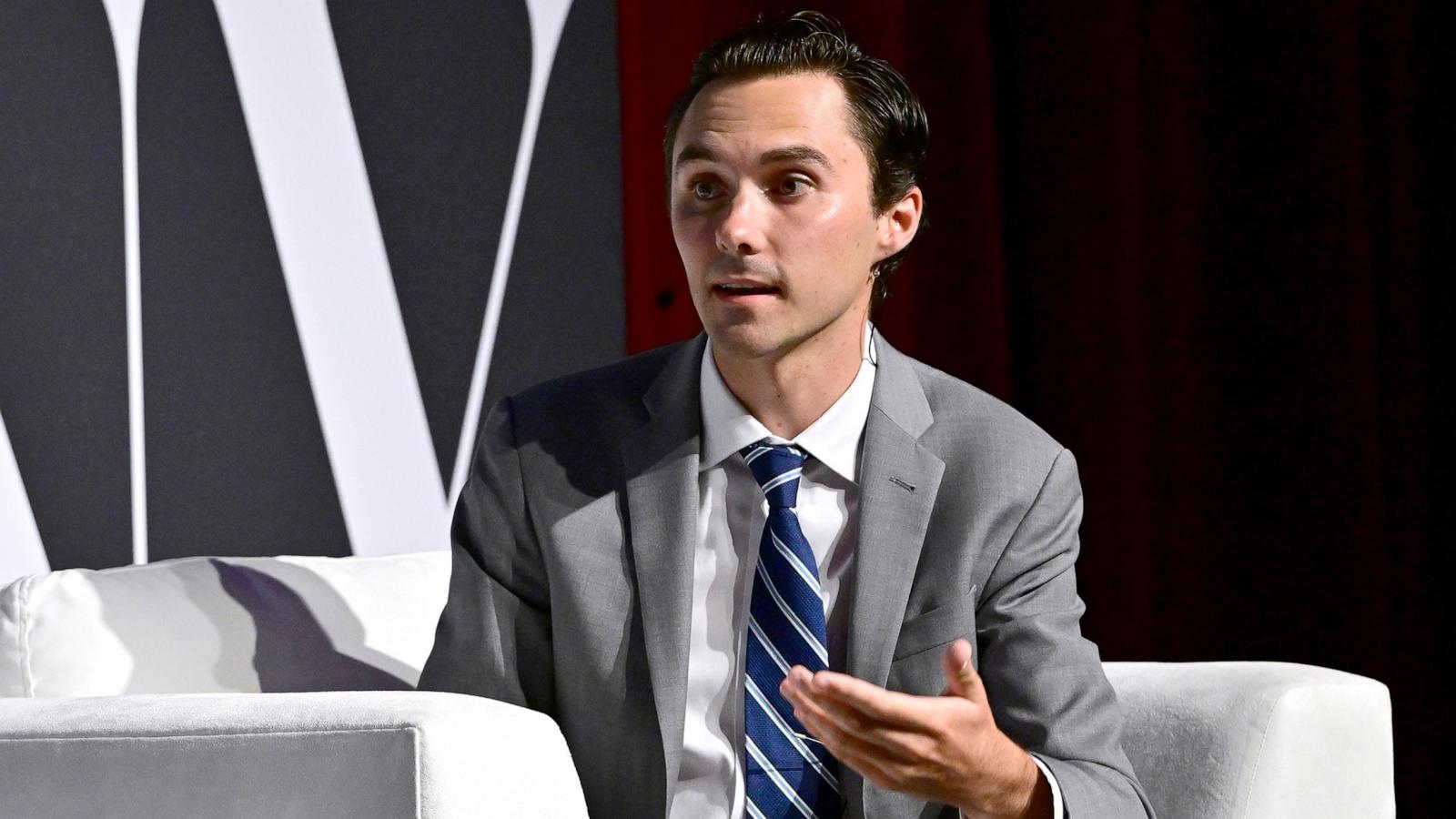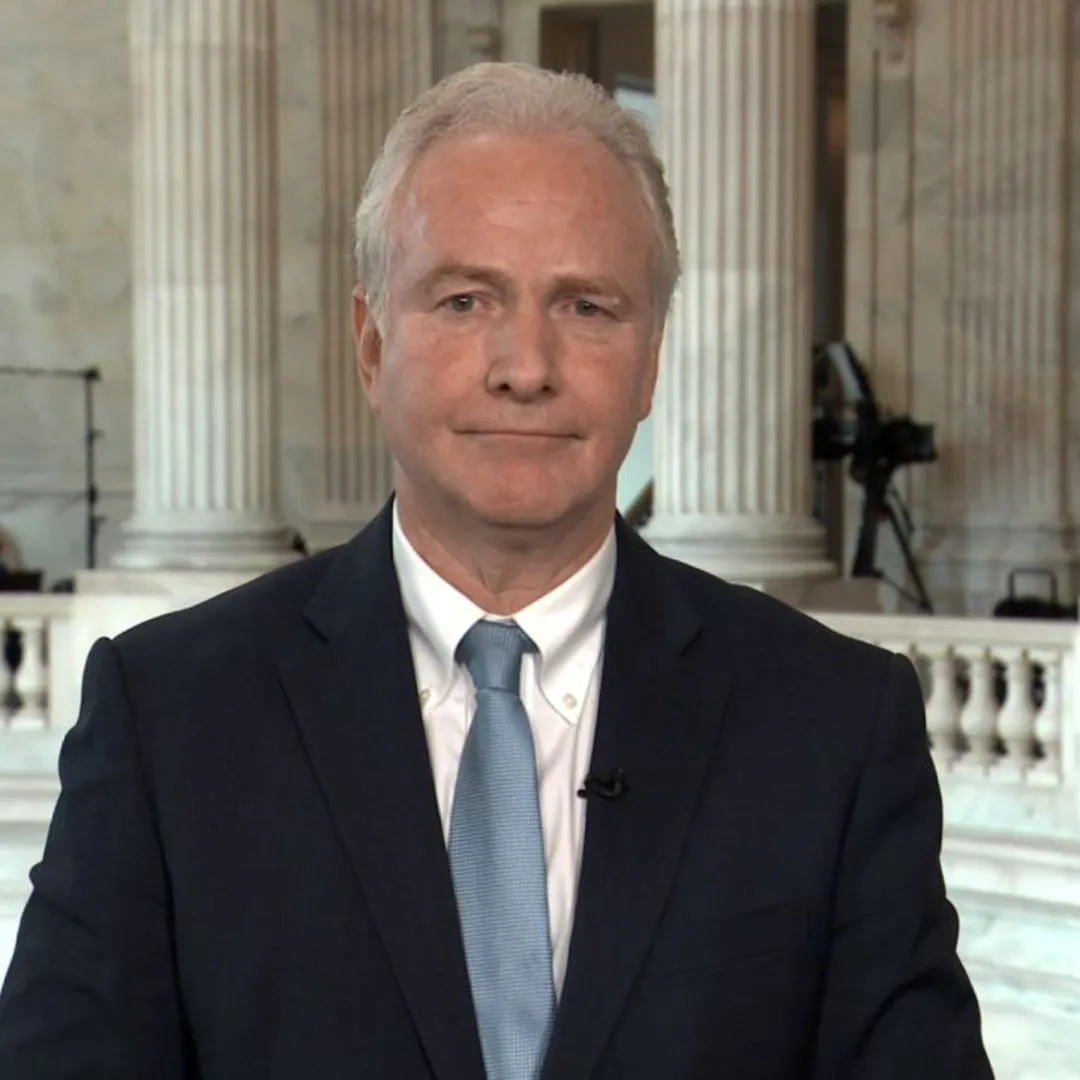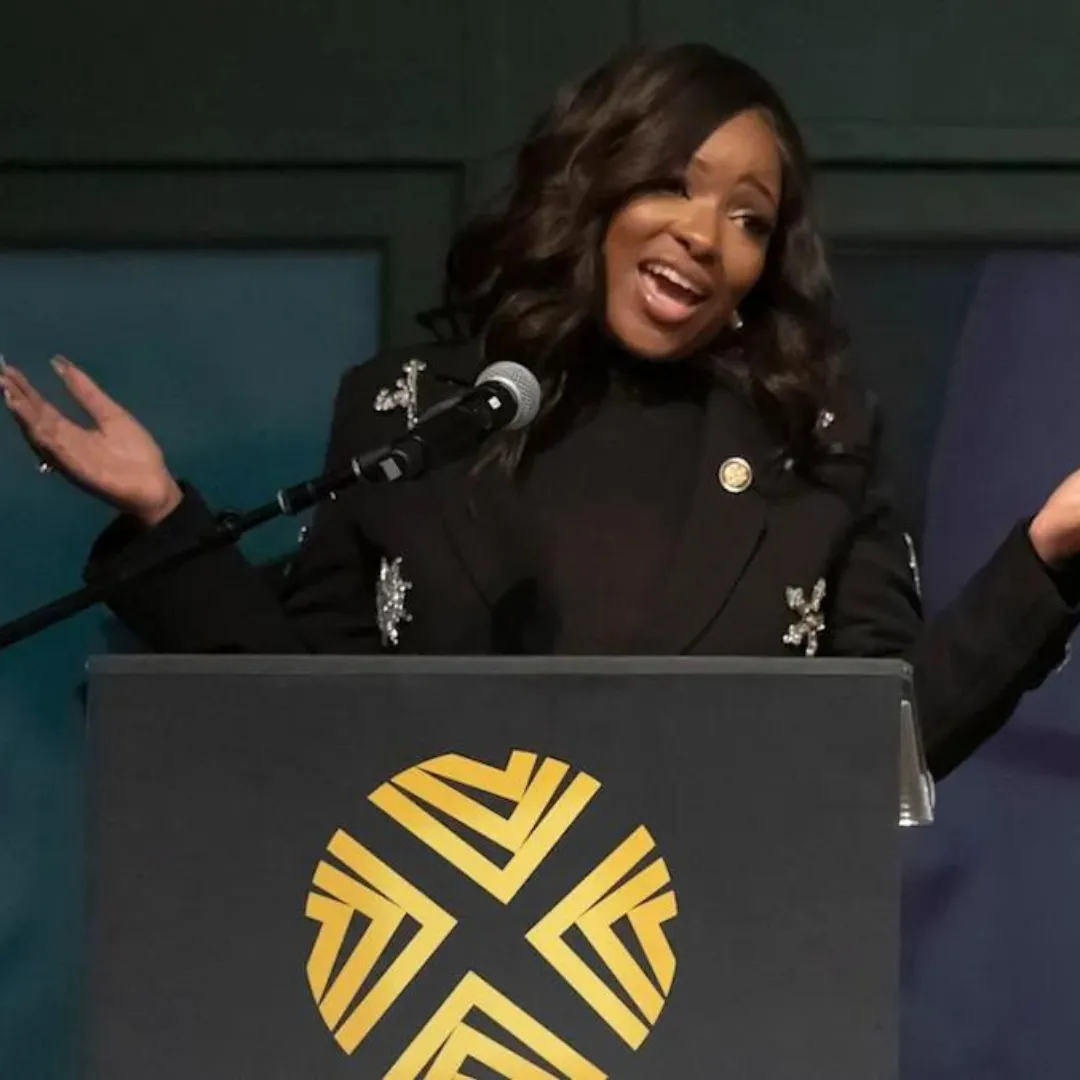
Tensions are running high among House Democrats following an announcement by David Hogg, a Democratic National Committee vice chair and prominent gun control activist, that he intends to spend twenty million dollars to support younger candidates challenging older Democratic incumbents in safe blue districts.
While the plan has received praise from some progressive members of the party who view it as a necessary push for generational change, many House Democrats are expressing frustration and alarm at what they see as an internal threat at a time when their energy should be focused on retaking the majority.
Hogg’s political organization, called Leaders We Deserve, is aiming to shake up what he described as a culture of complacency within the Democratic Party.
The 25-year-old activist, who rose to national prominence after the 2018 Parkland school shooting and has since built a large online following, said the project is not about being divisive but about making the Democratic Party more effective and responsive.
"There is a culture of seniority politics that is holding us back," Hogg said in an interview earlier this week. "We need people in office who are willing to fight, and who have the energy and urgency to deal with the crises we’re facing now."
He also predicted that his efforts would trigger backlash from Democratic insiders and warned of a "smear campaign" designed to "destroy my reputation and try to force me to stop doing this." So far, that prediction appears to be materializing, as lawmakers have started speaking out both publicly and privately against the initiative.
Representative Hillary Scholten of Michigan, who represents a competitive swing district, did not hide her frustration. "What a disappointment from leadership. I can think of a million better things to do with twenty million dollars right now," she said. "Fighting Democrats might get likes online, but it’s not what restores majorities."
Another Democrat, who spoke anonymously to discuss internal party matters, called the plan "very counterproductive and counterintuitive" and expressed concern that the resources being directed toward internal primaries could have been used to support vulnerable incumbents in battleground districts. "It would sure be nice to have some of that financial support," the lawmaker added.

A second House Democrat, also speaking anonymously, offered a blunt assessment. "I think this is a mistake. Now, are people pissed? Yeah. I don’t know a single person who is happy about it."
Yet another House member went even further, saying, "It seems inappropriate for a DNC vice chair to threaten sitting Dems." One more summarized the mood by saying they were "totally dumbfounded" that instead of focusing on defeating Republicans, the party was becoming mired in what they called a "circular firing squad."
While criticism has dominated the early response to Hogg’s plan, there are some lawmakers who defend his approach, even if they do not agree with all of his methods. Representative Jim McGovern of Massachusetts, who serves as the ranking member of the House Rules Committee, said he understood where Hogg was coming from.
"He makes some good points. We do have some ranking members who should step aside," McGovern said. He clarified, however, that "we also have some long-term members who are terrific and still have a lot to offer."
A fifth House Democrat, who also requested anonymity, said they believed in the principle of having the most effective representatives serving in Congress. "Competition is not a bad thing," the lawmaker said. "But age shouldn’t be the only criteria."
The plan has touched a nerve that has been raw for years within the Democratic Party. A generational divide has grown sharper since the party's 2024 internal struggle over then-President Joe Biden’s candidacy. That infighting ended with Biden, then 81, stepping aside under intense pressure. In the aftermath, several long-serving Democratic committee chairs were ousted, further intensifying the push for fresh leadership.
Now, many Democrats are preparing for a new wave of primary challenges, this time not from the outside left flank, but from a well-funded and organized effort led by someone who holds an official leadership role within the party. That detail has made Hogg’s plan particularly controversial. It is one thing for activists and PACs to back challengers. It is another for a DNC vice chair to do so.

"That is what makes this feel like a betrayal to some people," said one Democratic staffer familiar with the internal conversations. "This is not someone outside the system trying to crash the gates. He is already inside the building."
Though Hogg has clarified that his group will not target members in swing districts or those essential to holding the party’s fragile coalition together, some lawmakers remain unconvinced. They argue that the mere existence of such a campaign, regardless of where it is targeted, shifts energy and attention away from the broader goal of retaking the House majority.
Still, others are trying to strike a more measured tone, suggesting that while the timing may be unfortunate, the underlying message should not be ignored. One Democratic member noted that a number of older incumbents are expected to retire in the next cycle anyway, which could naturally open the door to younger leadership without a direct confrontation.
"That’s going to happen naturally," the lawmaker said. "We don't need to force it with public campaigns that make us look divided."
Representative George Latimer of New York, who last year defeated fellow Democrat Jamaal Bowman in a contentious primary, acknowledged the power of money in modern politics but said that incumbents who are active in their communities still hold the upper hand.
"A representative who is active locally, knows their people, is accessible and energetic, is far less vulnerable to the 'we need change' argument generated from a source outside that local area," Latimer said.
For now, House Minority Leader Hakeem Jeffries is keeping to his long-standing practice of backing sitting incumbents. His spokesperson released a statement affirming that Jeffries "will continue to strongly support all of his colleagues in the House Democratic Caucus, while working to flip the majority by defeating Republican incumbents in Congress."
That may serve to calm some nerves in the short term, but the debate over generational change within the party is unlikely to go away. With an electorate that is increasingly young and diverse, some Democrats argue that the party must do more than pay lip service to those voters.
They believe change must come from within, and that includes leadership. Hogg, for his part, appears undeterred by the backlash. He insists that his only goal is to help build a party that is capable of addressing today’s challenges.
Whether his vision will find support beyond a vocal subset of progressives remains to be seen. But his influence is hard to ignore, especially with a platform, a budget, and now, a clear target.
"I’m not doing this because I want to fight Democrats," Hogg said in a recent interview. "I’m doing it because I believe we can do better. I believe we must do better."

As the 2026 midterm cycle begins to take shape, Democratic leaders are facing a delicate balancing act. They must acknowledge the appetite for new leadership without alienating experienced lawmakers who have long been the party’s foundation.
They must also find a way to channel the energy of younger activists into winning campaigns against Republicans rather than internal struggles that may only serve to weaken them in the eyes of voters.
The debate sparked by Hogg's announcement may be just the beginning of a broader reckoning within the party. And for many Democratic incumbents, the next few months could determine whether their greatest political threat comes from across the aisle — or from within their own ranks.



